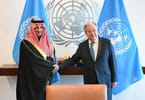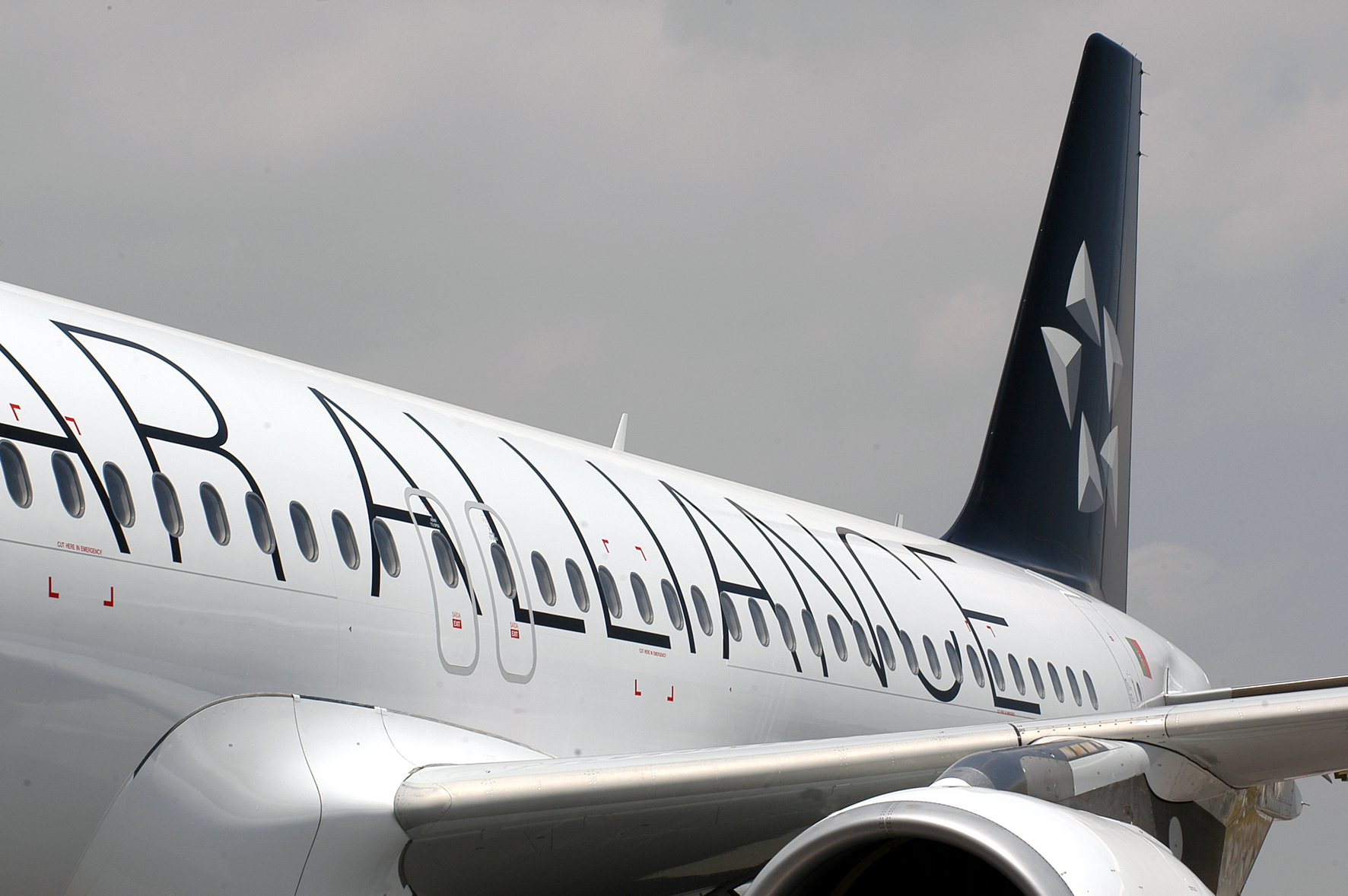It was hoped that the closure of European airspace in mid-April was a one-off event, but renewed activity by the volcano has led to a sporadic pattern of airspace closures all over Europe. This causes major problems and current legislation leaves the industry carrying the liability for events over which they have no control.
With any closure of airspace, incoming business is cancelled as clients are not able to arrive. It also means an emergency extension of stays as departing travelers are stranded. The moment flights are able to operate, airlines honor existing bookings before handling those held back from previously cancelled flights. This means that, while new groups and individual visitors start traveling, a backlog of travelers remains.
Tour operators and wholesalers have responded to the crisis by looking after their clients wherever possible. Where journeys home by road are feasible, coaches are deployed. Where railways can be used, clients travel by rail. When clients were stranded, negotiating contractors tried to secure good rates for them. There have been several instances of attractions and other suppliers being most generous to those stranded.
Disruption creates major financial difficulties on three levels.
First, when clients are stranded, airlines have a responsibility for their non-delivery of service. Many clients are seeking redress from their airline for expenses incurred while waiting. Some operators incur costs looking after their clients that have to be claimed from the airline. Airlines not only lose revenue from cancellations, they have to sustain their clients, often at a level disproportionate to the cost of the ticket.
Second, there is a problem with non-arrival of clients at hotels. Flights are cancelled on a 12-hour cycle, so a client’s non-appearance can only be anticipated in hours. Cancelling at such short notice means that charges apply. Such charges have been incurred by tour operators, and they have no way of recovering them.
Mario Bodini, CEO of JAC Travel Group, stated, “Given the unprecedented nature of these flying bans, the travel industry must pull together. We must not forget that consumers have been hit hard. We must not argue amongst ourselves whether this is ‘force majeure’ or not. Passengers who could not travel do not expect or intend to pay; they need to be encouraged to return quickly.”
Third, this disruption damages the entire tourism industry. The closure of airports causes immediate temporary lay-offs. But absent inbound visitors affect the entire service economy. Taxis, ticket agencies, attractions, hotels, restaurants, and shops have all experienced damaging downturns as a result.
Tom Jenkins, ETOA executive director, said: “The situation is one which no one predicted and so no one planned. But any decision to close airspace is a decision to stop a wide range of economic activity. As safety cannot be compromised, we now have a real problem. When such a pronouncement causes so much damage, there should be reciprocal relief.”
When asked at the ETOA Tourism Charter Launch, “Groups Mean Business,” on May 11, Brian Simpson, chair of the Transport and Tourism Committee of the European Parliament, fully concurred with these points. He said: “There now has to be a European-wide compensation system. We cannot leave it to the member states as it is now, as each government will give a different level compensation package. What that package is, is open to discussion, and I would like to see creative thinking in the way it is delivered.”
ABOUT ETOA
Since its foundation in 1989, ETOA has grown exponentially to include over 500 member organizations, of which more than 150 are tour operators. Collectively, ETOA represents over €5bn spending on accommodation and travel services annually.
ETOA provides representation at the European government level for organizations involved in bringing tourists to Europe. The association promotes greater awareness of the benefits provided by the group travel industry in Europe – particularly increased income and employment. ETOA also influences European tourism policy and legislation.
Areas of specific activity include:
– Promoting Europe as a tourism destination
– Establishing codes of conduct and guidelines for its members
– Establishing commercial opportunities between buyers and sellers
– Working with other travel & tourism associations to raise the industry’s profile
To find out more, please visit: www.etoa.org .
WHAT TO TAKE AWAY FROM THIS ARTICLE:
- What that package is, is open to discussion, and I would like to see creative thinking in the way it is delivered.
- It was hoped that the closure of European airspace in mid-April was a one-off event, but renewed activity by the volcano has led to a sporadic pattern of airspace closures all over Europe.
- Airlines not only lose revenue from cancellations, they have to sustain their clients, often at a level disproportionate to the cost of the ticket.






















